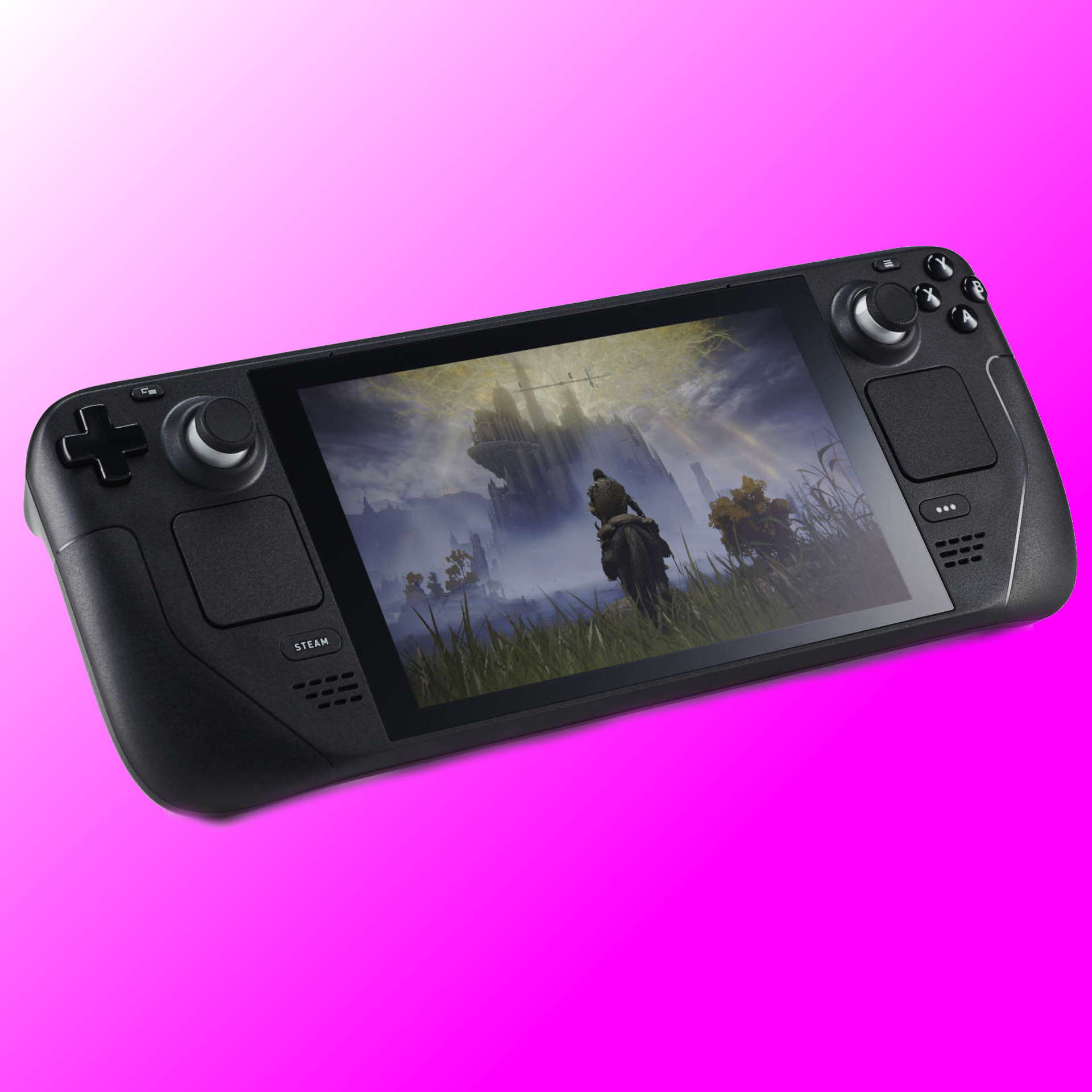The release of Valve's Steam Deck has supercharged the portable PC gaming scene. It harkened changes to Steam that have allowed it to flourish in the Switch-like form factor, welcoming in a new generation of handheld gaming computers and now the Steam Deck OLED. With more competition on the rise, Valve has remained committed to updating the firmware that keeps the Steam Deck ticking in this landscape. One such new update is currently available on the preview build sporting a feature that might help improve the long-term battery health of your Steam Deck.
Batteries wear out with use and charge, and dealing with this degradation is probably one of the biggest lamentations of current technologies. On almost all the portable tech you own, I'd wager the battery life is likely one of the first places you'll start to notice it aging. It's why so many new pieces of tech are coming out with a battery limiting feature, just like the one in the May 8th Steam Deck Beta Client update.
Those with that update installed can navigate to the Settings on their Steam Deck to find a new Battery Charge Limit control in the Power section. Here you can limit a full charge on the unit to only charge until 80% battery. Of course, this will mean your battery life on a single charge will go down by about 20% but the overall life of the battery may thank you.
It's especially recommended for anyone who doesn't take their Steam Deck off charge very often, or doesn't regularly go through a full battery depletion. It should help with potential battery problems caused by being on charge most of the time. If you're not running your battery down past 20% often anyway, this is of course a no brainer and should be an easy setting to flick on and forget about it.
It's worth remembering that these settings can also always be turned off. If you're finding you just really need that extra bit of battery to get you through the day then feel free to flip it back to normal mode. If you're someone that finds yourself doing a bit of both then having the limited charge mode on most days, but turning it back to full charge when you go out could also be a great solution. It also will likely depend on which accessories you're choosing to use with it.
For now the battery limit is only available in the test preview build for Steam, so it looks like Valve is going to wait and see before implementing it as a standard feature. Since the portable PC gaming scene is still somewhat enthusiast, having a nice test batch of willing beta subjects is fairly likely. It'll be interesting to see if this 80% limitation on battery does end up helping for overall battery life and whether or not it rolls out to the main software build.

Best handheld gaming PC: What's the best travel buddy?
Steam Deck OLED review: Our verdict on Valve's handheld.
Best Steam Deck accessories: Get decked out.





